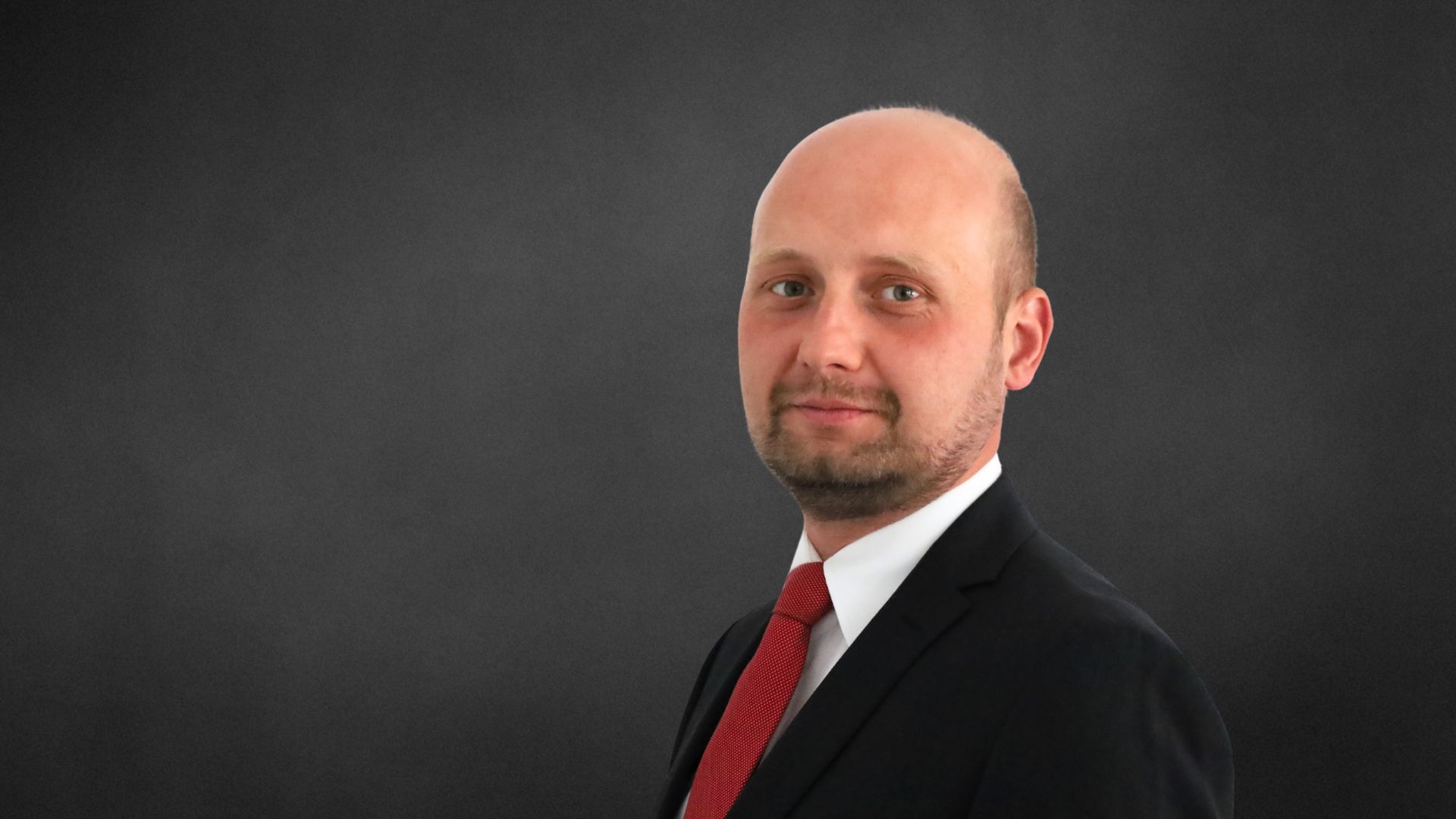Russia Begins Passportisation in Donbas

What is the reason for the Russian decision?
The Russian authorities count on President-elect Volodymyr Zelensky’s lack of political experience and treat his openness to dialogue with Russia, which he declared during the election campaign, as an opportunity for settling the war in Donbas on terms favourable to Russia. By escalating the tensions, they are hoping it will make Zelensky start negotiations with Russia or the Russia-controlled “authorities” of the so-called people’s republics. In this way, they intend to force Ukraine to grant autonomy to the Donetsk and Luhansk oblasts, which would allow Russia to permanently destabilise Ukraine’s domestic affairs. The issuance of the decree once again proves that Russia is directly involved in the war in Donbas and that the Russian authorities are in full control of the situation within these territories.
What is the role of passportisation in Russia’s policy towards its neighbours?
Russia has been following a policy of mass distribution of passports to the inhabitants of separatist regions in neighbouring countries—Moldova (Transnistria) and Georgia (Abkhazia, South Ossetia)—for years. Passportisation serves as a means of reinforcement of political pressure on these countries. On the one hand, it creates an opportunity to interfere in their domestic policy under the pretext of care for the rights of Russian nationals living there. On the other hand, it allows Russia to justify its view of the possible use of its armed forces in these states, which, according to the current Russian military doctrine, may be used outside Russia to protect its nationals and their interests. Also, passportisation helps to strengthen pro-Russia attitudes among the residents of areas where the passports are issued.
Does the Russian president’s decree conform to international law?
Conferring citizenship and issuing passports en masse to citizens of another state without its consent constitutes interference in the internal affairs of that state and violates its sovereignty in a given area and its population. This opinion was expressed, inter alia, by the OSCE High Commissioner for National Minorities, the Venice Commission, and the Parliamentary Assembly of the Council of Europe. The Russian decree is therefore contrary to the fundamental principles of international law as expressed in the United Nations Charter. There is also a risk of violations of basic human rights. The examples of Abkhazia, South Ossetia, and Crimea, demonstrate that even if formally the acquisition of Russian citizenship is voluntary, those who do not apply for such citizenship may be subjected to repression and discrimination by the “authorities” controlled by Russia.
What is Ukraine’s reaction?
The Ukrainian authorities demanded an urgent meeting of the UN Security Council, appealed to the international community to increase the pressure on Russia, and asked the inhabitants of the Russia-controlled territories not to apply for Russian citizenship. On behalf of the president-elect, his staff issued a special statement stressing that passportisation would make achieving a lasting ceasefire in Donbas more difficult. Ukraine’s further actions are not clear, however, as the presidential transition period requires coordination between Zelensky’s staff and the administration of the outgoing president, Petro Poroshenko. At the moment, it is not known whether such cooperation will take place nor what policy towards Russia and the Russia-controlled Donbas Zelensky will pursue.
What steps can the EU take?
Recognition of travel documents is the competence of the Member States. However, the EC, in cooperation with the EEAS, may develop guidelines that prohibit acceptance of such documents, just as it did with regard to Russian passports issued in Crimea after the annexation of the peninsula. According to the proposed guidelines, Russian passports issued to the inhabitants of the Russia-controlled parts of the Donetsk and Luhansk oblasts who did not hold Russian citizenship on 24 April 2019, would not be recognized by the EU Member States. It would not be possible to obtain a visa to enter the EU with such travel documents. In addition, the EU may consider imposing targeted personal sanctions on persons directly involved in the issuance of passports on the part of the Russian authorities and the “authorities” in the so-called people’s republics.



